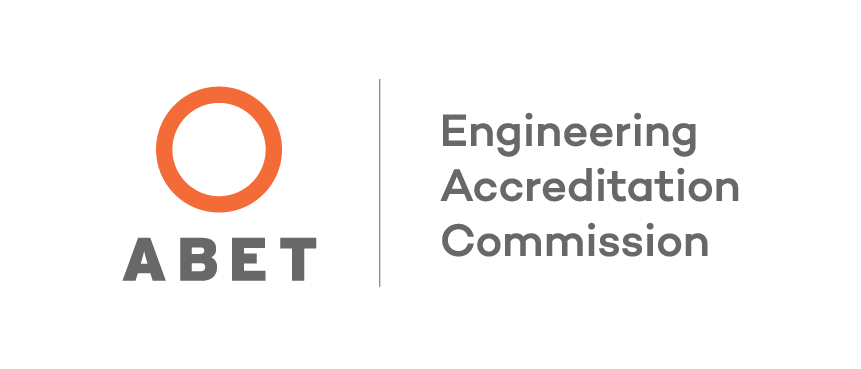Electrical Engineering
The degree program in Electrical Engineering (BSEE) curriculum is offered in four concentrations: General, Computer Engineering, Microelectronics (VLSI), and Nuclear Power. Graduates of the BSEE program are well prepared to pursue careers in research and development, design, manufacturing and management in a diverse array of industries including power engineering and energy systems, electronics, computer and information, communication, aerospace, automotive, robotics, etc. They are also well prepared to pursue graduate and professional degrees.
The BSEE degrees in Electrical Engineering has been accredited by the Engineering Accreditation Commission of ABET, https://www.abet.org, under the commission’s General Criteria and Program Criteria for “Electrical, Computer, Communications, Telecommunication(s) and Similarly Named Engineering Programs, until September 30, 2025.

EE MISSION STATEMENT
The mission of the BSEE degree program at Alabama A&M University, consistent with that of the University and the College of Engineering, Technology and Physical Sciences is to provide quality education, research, and service to its constituents. The Department commits to provide qualified graduates in the growing field of electrical engineering by fostering:
- Excellence in electrical engineering education;
- Physical facilities and learning resources that are conducive to learning, research, extension and development;
- A sense of scholarship, leadership and service;
- A search for new knowledge through research and its application; and
- Programs necessary to address the needs of capable students.
EE PROGRAM EDUCATIONAL OBJECTIVES (PEO)
The objectives of the Electrical Engineering program Alabama A&M University are to produce graduates who, within the first few years of their graduation meet the following:
- Graduates will be equipped with the technical, communication and teamwork skills that will enable them to be competitive in the marketplace and build productive careers in electrical engineering or related fields.
- Graduates will contribute to the economic vitality and security of our State and Nation by having acquired the technical knowledge, skill sets, social awareness and ethical traits necessary for successful careers in the global commercial sector, as well as the security, defense, and space oriented industries of North Alabama and throughout the Nation.
- Graduates will have the knowledge, skill sets and lifelong learning habits that prepare them for pursuit of career development and advanced degrees, and will enhance our Nation’s productivity and economic competitiveness by increasing the diversity of the US technical workforce.
EE STUDENT OUTCOMES (SO)
The student outcomes for the electrical engineering program are:
- An ability to identify, formulate, and solve complex engineering problems by applying principles of engineering, science, and mathematics;
- An ability to apply engineering design to produce solutions that meet specified needs with consideration of public health, safety, and welfare, as well as global, cultural, social, environmental, and economic factors;
- An ability to communicate effectively with a range of audiences;
- An ability to recognize ethical and professional responsibilities in engineering situations and make informed judgments, which must consider the impact of engineering solutions in global, economic, environmental, and societal contexts;
- An ability to function effectively on a team whose members together provide leadership, create a collaborative and inclusive environment, establish goals, plan tasks, and meet objectives;
- An ability to develop and conduct appropriate experimentation, analyze and interpret data, and use engineering judgment to draw conclusions;
- An ability to acquire and apply new knowledge as needed, using appropriate learning strategies;
STUDENT ENROLLMENT AND GRADUATION DATA
|
Academic Year |
Enrollment |
BS Degrees Awarded |
|
2024-2025 |
181 |
--- |
|
2023-2024 |
187 |
16 |
|
2022-2023 |
188 |
22 |
|
2021-2022 |
170 |
17 |
|
2020-2021 |
180 |
23 |
|
2019-2020 |
199 |
33 |
|
2018-2019 |
195 |
34 |
|
2017-2018 |
202 |
27 |
|
2016-2017 |
197 |
19 |
|
2015-2016 |
189 |
27 |
|
2014-2015 |
187 |
21 |
|
2013-2014 |
166 |
27 |
|
2012-2013 |
157 |
34 |
|
2011-2012 |
189 |
35 |
|
2010-2011 |
195 |
27 |
|
2009-2010 |
233 |
27 |
|
2008-2009 |
207 |
31 |
|
2007-2008 |
186 |
30 |
